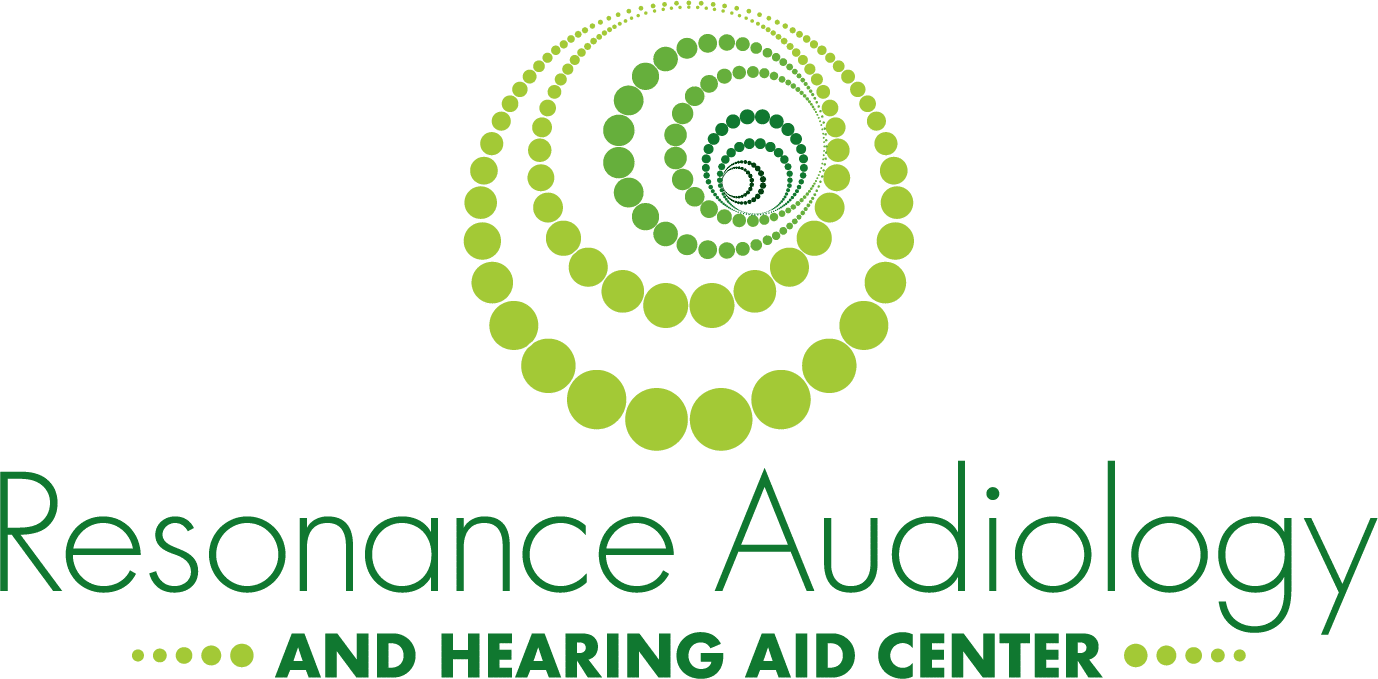Research Explores Potential Link Between Hearing Loss and Dementia
LANCASTER – Recent neurological research indicates that untreated hearing loss could increase the risk for cognitive impairment like Alzheimer’s Disease and other forms of dementia. Dr. Zoe Horan, co-owner of Resonance Audiology and Hearing Aid Center, explained that research from retired otolaryngologist Dr. George Gates reveals how the brain changes with hearing loss, which supports Gates’ conclusion that “we listen with our ears but hear with our brains.”
In addition, Horan noted that studies by Dr. Frank Lin, the director of the Cochlear Center for Hearing and Public Health at Johns Hopkins, show measurable accelerated cognitive decline with hearing loss.
Horan explained that hearing loss and cognitive decline share some of the same symptoms, such as anxiety, depression, forgetfulness, and impaired thinking. Since a person’s brain needs to work harder to process sound, that can interfere with mental activity.
“The jury’s still out,” said Horan. “When a person can’t hear, it leads to social isolation. However, if someone is having trouble understanding a conversation it shouldn’t be assumed they have dementia.”
Normal brain changes that occur with the aging process differ from those that accompany more serious dementia. While gradual hearing loss can be difficult to recognize, regularly scheduled checkups with an audiologist can help to identify the type and degree of hearing loss in an individual at any age. Horan emphasizes the importance of using protective earwear, such as insert-type earplugs or headphones with a high noise rating, to help reduce loud sounds.
Horan stated that while the data indicating that the use of hearing aids may possibly delay the onset of dementia is promising, even more research is needed to determine if hearing aids can prevent, delay, or reverse cognitive impairment. “Someone with confirmed hearing loss definitely benefits from hearing aids,” explained Horan. “Properly fitted (hearing aids) with follow-up care gives people a higher quality of life.”
Lin and Horan agree that while the public may be reluctant to use hearing aids, ultimately there is no real downside to using them. Hearing aids today are smaller than ever. People can opt for microchip hearing aids that fit in the ear, which makes them less noticeable than the hearing aids of the past that may come to mind for many people. Numerous styles are available and include options, such as Bluetooth connectivity and pairing with a phone.
The team of professionals at Resonance Audiology and Hearing Aid Center provides the most individualized hearing care and access to excellent technology. Resonance Audiology works to find the best solution for each person’s hearing and communication difficulties. They provide comprehensive diagnostic hearing tests to ensure the most accurate test data is achieved, so that each person’s hearing and ear function can be restored to wholeness.
Resonance Audiology and Hearing Aid Center has locations in Lancaster and New Holland, as well as a third location at Garden Spot Village in New Holland.
To schedule an appointment or learn more, call Resonance Audiology at 717-925-6112 or visit https://resonanceaudiology.com.
In addition to hearing evaluations and hearing aid fitting and verification, the services offered by Resonance Audiology include custom hearing protection, custom ear molds, ototoxicity monitoring, tinnitus treatment, otoacoustic emissions testing, aural rehabilitation, assistive listening devices, Bluetooth technology, and hearing conservation.
